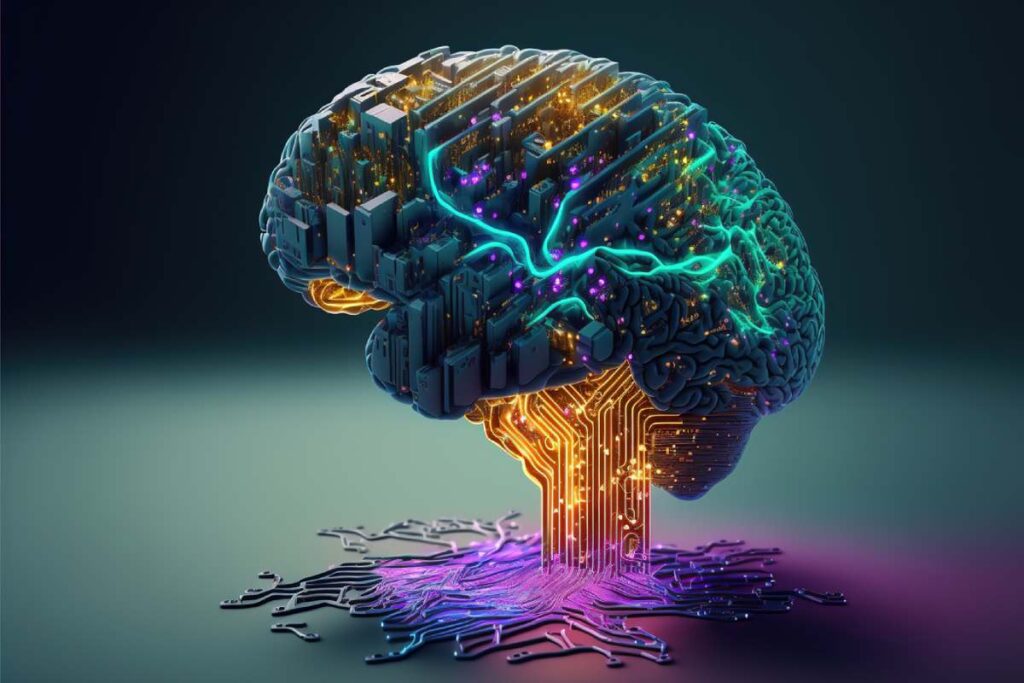The generator is transforming the manufacturing industry to streamline the design process Generative AI, improve quality control, and enhance operational efficiency. This article explores the role of the generator in manufacturing and how companies can exploit this technology to make significant advances.
Optimizing Design Processes (Generative AI)

Generating AI will improve product design by developing innovative design options and speeding up the development process. These capabilities allow manufacturers to explore new possibilities and create more efficient and effective products.
Key applications
- Design Exploration: IA algorithms generate multiple design iterations based on specific parameters, which allow designers to explore a wider range of possibilities.
- Creation of prototypes: the AI generative produces prototypes quickly, which reduces the time and the costs associated with the traditional methods of creation of prototypes.
- Personalization: AI allows the creation of personalized products adapted to the customer’s specific needs and preferences.
Improving Quality Control (Generative AI)
In the manufacturing industry, maintaining high product quality is crucial. Generative AI helps quality control to detect errors and anomalies in real-time while ensuring that products meet the highest standards.
Key applications: Default value detection: AI analyzes production data to identify default values at the start of the manufacturing process, further reducing waste and rework.
Predictive maintenance: I predict equipment panels and proactively plan maintenance, minimizing downtime and maintaining continuous production.
Process optimization: I optimize manufacturing processes to identify inefficiencies and recommend improvements.
Improved operational efficiency AI drives enhanced operational efficiency in the industrial industry by
automating routine tasks, streamlining approval chain management, and improving the decision process. These improvements lead to cost savings and productivity.
Key applications:
- Automation: Automate repetitive tasks, freeing up human resources for more complex and strategic activities.
- Supply chain optimization: AI predicts demand and manages stock levels, reducing costs and avoiding stock-outs.
- Data-driven decisions: AI analyzes vast quantities of data to provide actionable insights, leading to an informed decision-making process.
Driving Innovation and Competitiveness

Generative AI drives innovation in manufacturing to enable the creation of innovative products and processes. This technology helps manufacturers to become competitive in a market that changes quickly.
Future Directions:
- Sustainable manufacturing: optimize resource use and reduce costs while also promoting environmentally friendly manufacturing practices.
- Advanced robotics: AI is integrated into robotics to enhance automation capabilities, further improving efficiency.
- Smart applications: all smart applications with real-time data analysis and an automated decision reward aimed at more agile and reactive production environments.
Automate manufacturing document processing

Manufacturing involves enormous volumes of documents such as equipment manuals, test specifications, maintenance records, and more. AI tools can quickly read and extract key details from these documents at scale to optimize manufacturing market analysis.
For example, an electronics manufacturer can have AI-powered device manuals to retrieve applicable safety procedures immediately. This speeds up document retrieval and analysis, so employees get specific information faster.
Conclusion
A generative revolution in the manufacturing industry that provides powerful tools and solutions that improve design, quality control, and operational efficiency. By leveraging generative AI technologies and partnering with a
generative AI solution provider, manufacturers can make significant advancements in their operations while simultaneously maintaining an advantage. As generative AI evolves, it will have an impact on the manufacturing sector that will continue to shape the future of the industry and foster technological progress.

